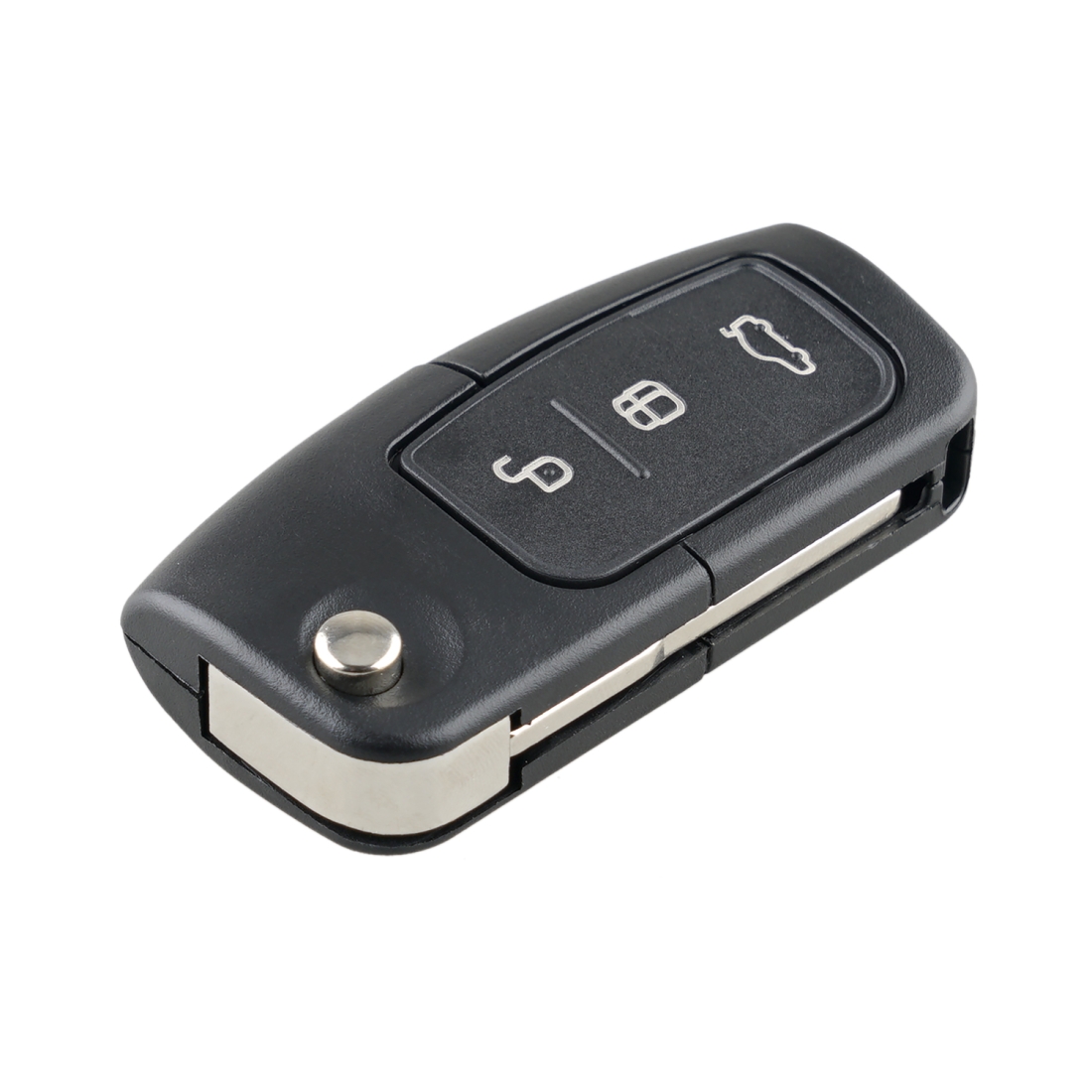Remote keyless entry (RKE) systems have become a standard feature in modern vehicles. They allow drivers to remotely lock and unlock their cars and even start the engine without the need for a physical key. While these systems offer convenience and ease of use, many people wonder if they are more secure than traditional car keys. In this article, we'll examine the security of RKE systems and compare them to traditional keys.

First, it's essential to understand how RKE systems work. RKE systems use a small radio transmitter that sends a unique code to the car's computer. The computer verifies the code and, if correct, unlocks the doors and allows the engine to start. The code is encrypted, making it difficult for someone to intercept and duplicate it. RKE systems are designed to prevent thieves from gaining access to a vehicle by using electronic hacking methods, such as "relay attacks," where a thief intercepts the signal from the key and relays it to the car to gain access.
Now let's compare RKE systems to traditional car keys. Traditional keys use a physical metal key that must be inserted into the car's lock to open the door and start the engine. While traditional keys don't transmit signals, they can be lost or stolen, making them vulnerable to theft. Keys can also be duplicated easily, making it possible for unauthorized individuals to access the vehicle.
In terms of security, RKE systems are generally more secure than traditional car keys. They use encrypted codes that are difficult to duplicate or intercept, making it difficult for thieves to gain access to the vehicle. RKE systems also have additional security features, such as rolling codes, which change the code each time the key is used, preventing the duplication of the signal.
However, like any system, RKE systems are not perfect. Hackers have found ways to exploit vulnerabilities in RKE systems to gain access to vehicles. For example, thieves can use a "signal amplifier" to extend the range of the key's signal, allowing them to unlock the car and start the engine even if the key is inside the owner's home. Additionally, some RKE systems may have weak encryption, making them easier to hack.
In conclusion, RKE systems are generally more secure than traditional car keys. They use encrypted codes and have additional security features that make them difficult to duplicate or intercept. However, they are not foolproof and can still be vulnerable to hacking. As technology advances, RKE systems will continue to improve, and car manufacturers will need to address any potential security issues to ensure the safety of their customers.

 Englishen
Englishen











 No.991 Xingxiu Road,Taiwanese Investment Zone, Quanzhou, Fujian Province,P.R.China
No.991 Xingxiu Road,Taiwanese Investment Zone, Quanzhou, Fujian Province,P.R.China +86 13960286508
+86 13960286508
 3D Reality Showroom
3D Reality Showroom
